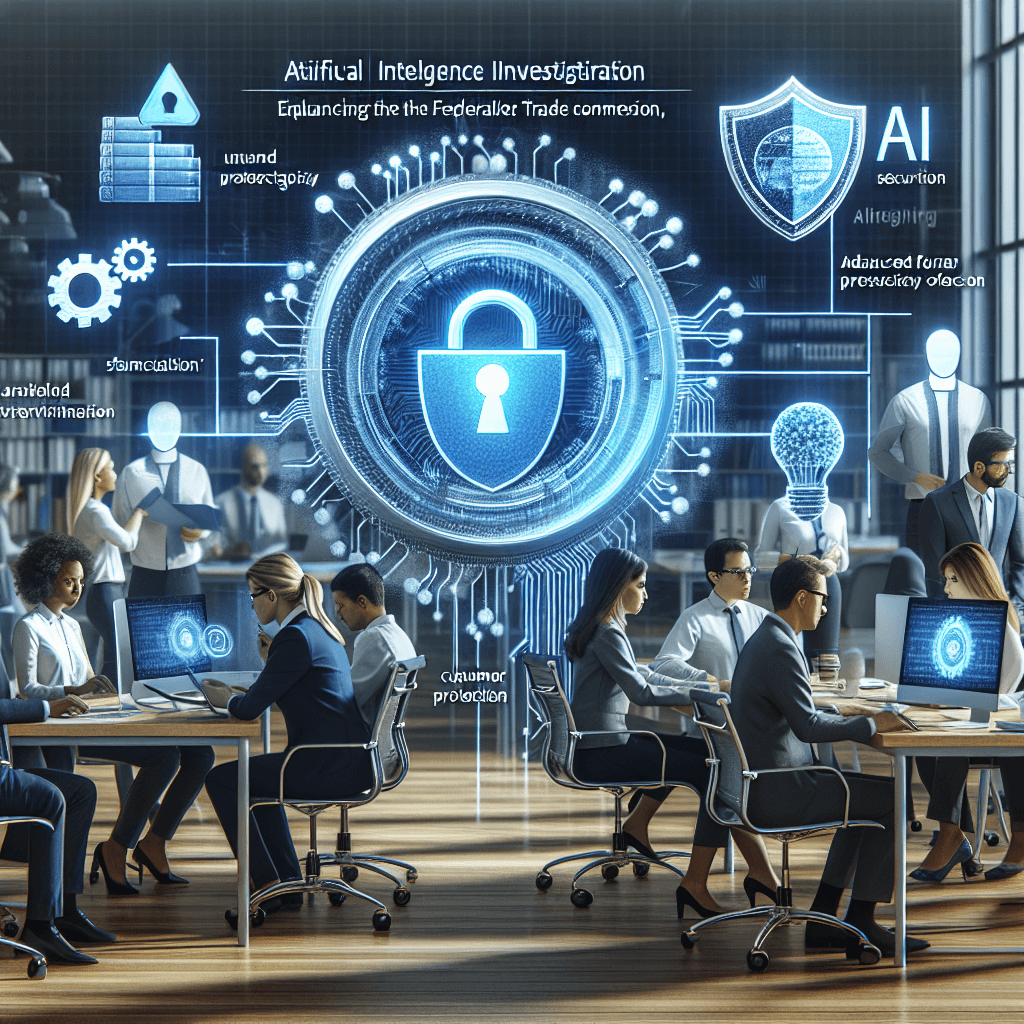Date:
28/10/2023
Listen to this article:
Key Points:
Facial recognition technology (FRT) is a groundbreaking tool with the power to change the way we interact with the world, yet it brings along serious concerns regarding privacy and civil liberties.
Various stakeholders, including lawmakers, educational institutions, and civil rights organizations, are raising alarms about the potential misuse of this technology.
In an era where technological advancements are reshaping our world, facial recognition technology (FRT) stands out as a game-changer. However, as its capabilities soar, so does the concern around its implications for privacy and civil liberties.
A case in point is a recent incident where a man was jailed for days due to facial recognition technology mishap, exemplifying the grave civil liberty and privacy concerns this technology can entail [^1^].
Even with standards and protocols in place, the usage of FRT by law enforcement has been criticized for its potential to infringe on civil liberties and privacy.
In a proactive move, New York State banned the use of FRT in schools, following a report that highlighted the risks to student privacy and civil rights outweighing the potential security benefits [^2^]. This decision underscores the ongoing dialogue on how to balance technological advancements with fundamental human rights.
Moreover, the U.S. Department of Homeland Security (DHS) has laid down directives ensuring that the use of face recognition and face capture technologies are thoroughly tested to prevent unintended bias or disparate impact in line with national standards [^3^].
On the legislative front, US lawmakers have reintroduced a bill to preclude government agencies from using facial recognition and other biometric systems to address civil liberties and privacy concerns [^4^].
Civil rights concerns extend to law enforcement's use of FRT across the country, as local, state, and federal law enforcement and immigration agencies employ these systems to identify, track, and target individuals [^5^].
References
- https://apnews.com/article/mistaken-arrests-facial-recognition-technology-lawsuits-6e4321c1ca9a8de848c6e34a9a213b03
- https://apnews.com/article/technology-new-york-education-business-6f7a49e0b1a3f2b4e1e2cd5788142356
- https://www.dhs.gov/news/2023/10/18/dhs-announces-new-policies-and-measures-promoting-responsible-use-facial
- https://www.executivegov.com/2023/10/us-lawmakers-reintroduce-facial-recognition-and-biometric-technology-moratorium-act/
- https://www.newamerica.org/oti/reports/civil-rights-concerns-regarding-law-enforcement-use-face-recognition-technology/
About the author
Evalest's tech news is crafted by cutting-edge Artificial Intelligence (AI), meticulously fine-tuned and overseen by our elite tech team. Our summarized news articles stand out for their objectivity and simplicity, making complex tech developments accessible to everyone. With a commitment to accuracy and innovation, our AI captures the pulse of the tech world, delivering insights and updates daily. The expertise and dedication of the Evalest team ensure that the content is genuine, relevant, and forward-thinking.
Related news

Okta Data Breach Exposes Information of All Customer Support Users
Okta, a leading identity management company, has reported a significant data breach affecting all of its customer support users. This incident raises major concerns about cybersecurity and the safety of user data.

Significant Rise in Websites Blocking Google-Extended: A 180% Jump
A dramatic increase in the number of websites blocking Google-Extended is observed, with a 180% jump in just one month. Prominent websites, including The New York Times and Yelp, are among those opting for this block to prevent their content from being accessed by Google's AI technologies.

FTC Enhances AI Investigation Procedures to Tackle Unlawful Uses
The U.S. Federal Trade Commission (FTC) has streamlined its investigation process for cases involving unlawful use of artificial intelligence (AI), marking a significant move in regulating AI applications.